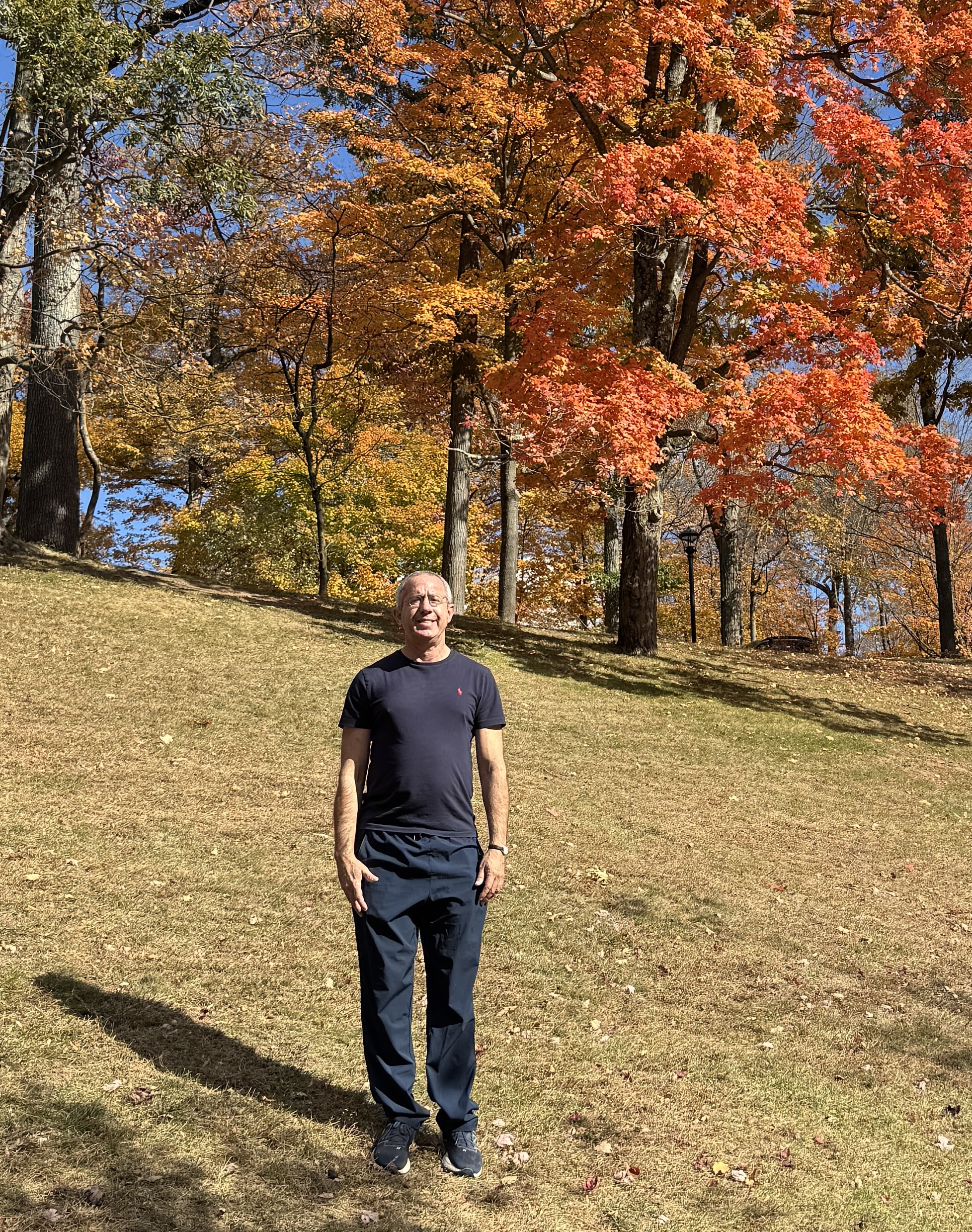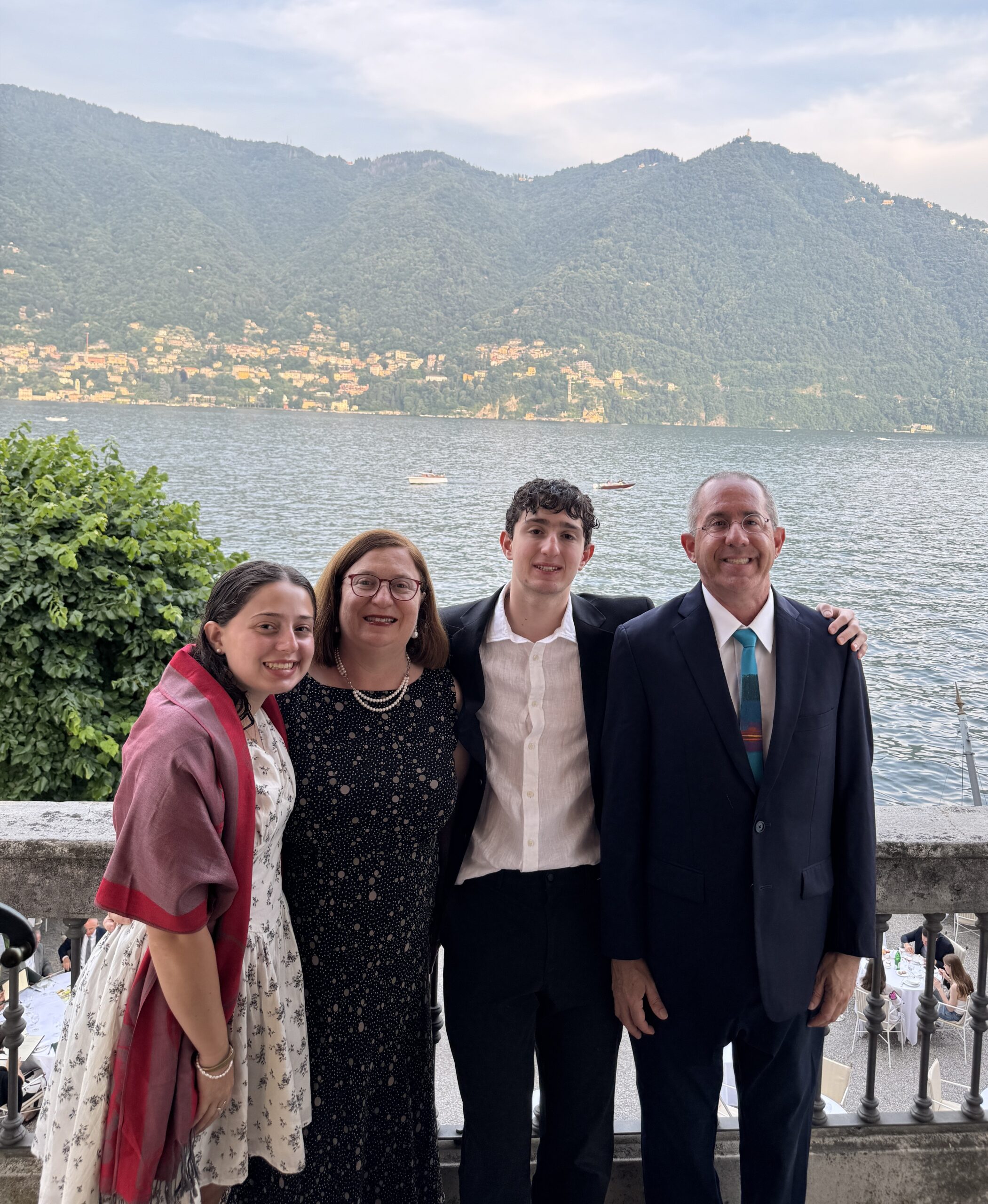I haven’t gone to a movie in over a year and haven’t rented one in several. No patience to sit through them. No wonder that the idea of a 3 hour sabbath morning service is not something I look forward to. It stands to reason that if people will barely sit through Titanic once a decade with $200 million spent on entertaining them, this is not heresy but an observation of human nature.
An article in the Jewish Week earlier this month observed that people are voting with their feet, coming late and leaving early. Others have switched to kollels and minyan-factories (slang for types of non-establishment synagogues) where the emphasis is on getting out in under 2 hours and the content of the service is somewhat irrelevant. I have been to three different synagogues this month in different cities and all were talk fests with antsy congregants past 2 hours. In all I noticed a commitment by leaders to “keep to schedule.” This misses the point – the point is not to try and rush the service but to cut it down to size and make it meaningful. The Shulchan Aruch (Code of Jewish Law) has a point – better to have fewer prayers and more focus on them.
Nothing in the Bible expressly calls for a synagogue, prayer book (siddur) or a pulpit rabbi. These are rabbinical creations based on interpretation of the Bible. These can and should be tinkered with because simply being authentic without being meaningful or relevant is to go the way of the Fraternal Order of Moose and other such entities that have gone extinct in a post-modern technological era that leaves no room for attention spans or 56k modems. Also, it is not impressive to be Orthodox and authentic when the reality is that there is more respect toward a divine service generally exhibited by congregants in non-Orthodox temples. I have yet to see a kiddush club in one of those temples (you know, where a third of the congregants disappear to eat and booze from the Haftorah through the end of the sermon).
The following is a list of specific suggestions that should bring the service down to an hour and 45 minutes, which is the length of a cinema presentation and a proven indicator of how long people are willing and able to sit on chairs or pews that are generally uncomfortable. Services should start at 10 and finish by noon; a day of rest with a 9am start to me is not a day of rest, which is why most of the younger set show up around 10. The guiding light to all which follows is the concept that people should review an English translation to the Siddur and see which of these prayers make sense and advance a logical sequence of interaction between the congregant and God. If it is just words on a page and you wouldn’t talk this way to an intelligent human, it’s excess.
I. Prayer should start with a song to set a mood and bring people together. The uttering of 15 blessings followed by 10 minutes of reading scriptures and 20 minutes of psalms that no one understands is a very long introduction without any real substance. Some of these psalms such as Ashrei are repeated 3 times a day and 99.9% of Orthodox Jews have no idea what Ashrei is talking about – just ask them. The psalm of the sabbath day is said twice that morning; these are just some of the duplications found in the service. If anyone was praying to me, I would pray that they just get to the point already and stop insulting my intelligence by repeating themselves so much.
II. I would let the rabbi or cantor choose several paragraphs from the Psukai D’Zimrah and leave the choice open to variation so that the selections are not the same every week but the compendium remains accessible and not lost to history. The idea is to have some variation in a service that never changes and to get to the Shema and its surrounding blessings quickly. The Amidah (both Shacharit and Mussaf) should follow the quick-Mincha formula with the entire synagogue starting with the opening blessings and kedusha and finishing off the rest through silent devotion. The repetition of the Amidah serves no purpose beyond Mussaf on festivals in which the priestly blessing is recited and is usually the point at which people walk out and talk. It is more farce than holy. The duration of the Shacharit service should be about 20 minutes.
III. The Torah reading really needs a rethink. A thousand years ago it was read in the public square with linear translation in the vernacular so that people could understand it. With the printing of books, this was no longer necessary. Trouble is, people don’t read or listen. The calling up of people for Aliyahs has become problematic because more time is spent processing the people for Aliyahs than reading the Torah, and the Aliyah has become a revenue-raising tool for an Orthodox synagogue because it essentially forces a public pledge of money which is announced. Many synagogues auction these and on holidays at hotels it has become a business. I personally have come to look at Aliyahs as a “hit-up” for money and think the whole process has gotten out of hand. We should cut down the number of Aliyahs to 2 or 3 and consider the idea of reading only a portion in Hebrew and using the time to have a meaningful discussion of the weekly portion in a language that people understand with some reference made to contemporary relevance.
IV. The Haftorah (reading from the prophets) also needs to be made relevant and tied more closely to the portion of the week, which was its original intent. Today, the Haftorah has become a bathroom break and a Kiddush Club event. The idea of blessing the sick, Israel, the IDF, prisoners of captivity, the US Government, the Iranian prisoners on trial, etc. and sticking in some more psalms (that no one understands) for good measure has become a 15 minute time waster in which people talk. This should all be encapsulated in one or two blessings done from the pulpit and if people want to insert the name of a loved one from their seat, they can fill in the blank at an appropriate time. This part of the service including the taking out and return of the scrolls, the readings and blessings should be about 45 minutes.
V. Rabbis and Presidents need to remind themselves that their mission is not to hear themselves speak but to transmit a message. Too many speakers are not preparing written notes to follow and ascend the pulpit planning a 10 minute talk which becomes 20. There are too many adjectives and not enough original ideas. Too many middles without beginnings and ends. Synagogues should use written bulletins to save the president and rabbi the necessity of wasting time announcing every possible mentionable (many now print bulletins but the speaker still announces everything). Abstinence pays off in prominence given to priority items and helps insure quiet during the announcements. The amount of time budgeted for sermon and announcements should be no more than 20 minutes.
VI. The Mussaf needs to be streamlined to a smoother conclusion that does not degenerate into anarchy. It is not a Hymn of Glory (“Anim Z’miros”) if people are talking, turning their backs and walking out while the ark is open. The Hymn of Glory should either be deleted or moved to precede the Torah service; the prayer is problematic because 30 stanzas singing the same 2-part tune is essentially tedious. There is only need for one Kaddish to satisfy mourners after Aleinu; the extra two serve no function except to tire out congregants and make them stand. The psalm of the day is a repetition and is better deleted or consolidated with Shacharit. Many congregations already have deleted the Aramaic reading between Ein Keloheinu and Aleinu, a few Kaddishes and the Hymn of Glory. If Mussaf would consist of a 20 minute set including a joint declaration of the opening 3 blessings, Kedusha followed by silent meditation, Ein Keloheinu, Aleinu, a few annoucements and Adon Olam, it would be a more powerful ending that would be more relevant to people who have already sat for 90 minutes.
So there you have it; an hour and 45 minutes. On paper, it looks like more than enough. Makes you wonder why we endure 3 hours on a Saturday morning. The Puritans are long gone and few wish their return. God wants it this way? Actually, no. God doesn’t need our prayers. Prayer is for our purposes. If so, it must be meaningful, reverent and yes, something we look forward to.





